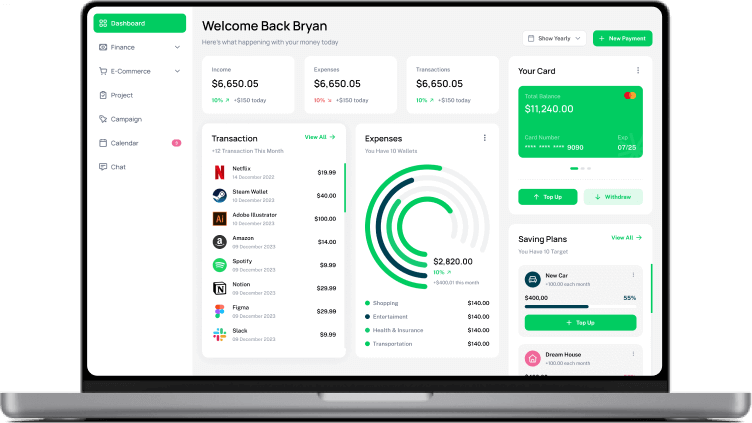Sales Engagement
Definition: Sales Engagement is the level of interaction and communication that takes place between salespeople and their prospects and existing customers, throughout the selling cycle. It is a comprehensive term used for each touchpoint from the time of the first contact, down to when the sale is closed. This term refers to digital as well as face-to-face interactions.
Detailed Explanation
Sales engagement is a vital aspect of the sales process because it focuses on creating meaningful and effective interactions with prospects and customers. The goal is to build strong relationships and provide value at every stage of the customer journey, ultimately guiding prospects towards making a purchase.
Important components of sales engagement include:
- Communication Channels: Use of varied channels, such as emails, telephonic, social media, one-on-one communication with the prospects, and customers.
- Content Delivery: Distribute appropriate content like emails, presentations, product demos, and proposals that speak to the needs and the stage of the customer in the buying process.
- Activity Tracking: Monitoring and measuring interactions with the objective of understanding buyer behavior, for example, tracking email opens, content engagement, and follow-up activities.
- Personalization: Making the interaction become personalized by taking into consideration the needs, interests, and behavior of the customer in order to create engagement and a stronger bond.
- Feedback and Adaptation: Collect feedback on every interaction in order to keep refining sales strategies and approaches.
Importance in the Sales Process
- Builds Strong Relationships: Good sales engagement will build trust and relationships with prospects, an ideal way to lead the prospects into a sale.
- Improves Conversion Rates: Effective customer engagement greatly increases the likelihood for sales teams to convert leads into sales.
- Enhances Customer Experience: A focus on engagement will make the customer feel valued and understood, improving their experience and, in turn, satisfaction.
- Drives Revenue Growth: Engaged customers more easily make purchases and become repeat customers, which increases the revenue over the long term.
- Facilitates Better Feedback: Continuous interaction with customers avails them the first-hand opportunity to explain their needs and preferences, thus enabling product and service development that meets their expectations more effectively.
Real-World Example
Then, you have sales engagement, where a software company nurtures these prospects or leads by sending a sequence of emails personalized with value and information about their product. They look out for leads that engaged with the email, and then they picked up the phone call or scheduled a demo based on the responses of the prospect. This methodology keeps a company in touch with prospects constantly, providing them with relevant information to lead them closer to the point of making a purchase. Another example is a real estate agent who uses social media to engage prospective buyers. They post virtual tours of properties, answer comments and questions in real time, and also send private messages with additional details to interested parties. This active engagement helps them connect with a larger audience and be more present in the market.

